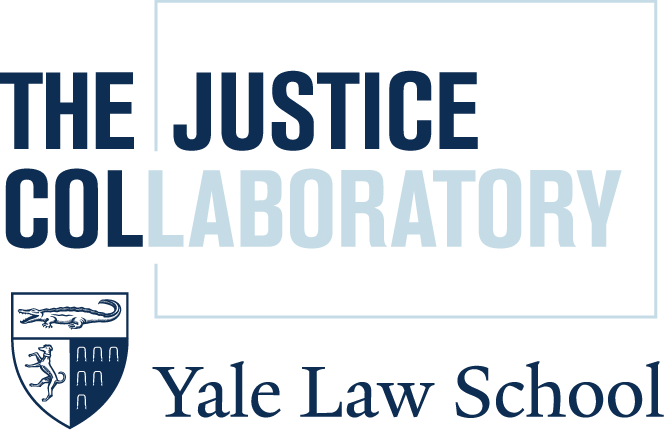2019 Workshop on Data-Driven Criminal Justice Reform and Data-Driven Prosecution
Summary
Prosecutors play a vital role in the criminal justice system. After an arrest, prosecutors have numerous choices to make regarding whether and how to pursue prosecution of an offense. In many jurisdictions, prosecutors use this discretion to pursue prosecutions of minor offenses to the full extent of the criminal law. In these jurisdictions, cases involving misdemeanor offenses typically consume a large share of law enforcement, prosecutorial, and judicial resources.
Yet it is unclear whether the aggressive prosecution of misdemeanor offenses actually increases public safety. Aggressive prosecution of misdemeanors may also exacerbate existing inequalities in criminal justice outcomes. Some prosecutors’ offices, however, are pursuing reforms that implement alternatives to prosecution for nonviolent misdemeanor offenses.
With the support of the William T. Grant Foundation and the Chan Zuckerberg Initiative, we are working with several large district attorney’s offices to understand the causal impacts of misdemeanor prosecution. Misdemeanor cases make up over 80 percent of the cases processed by the U.S. criminal justice system, yet we know little about the causal impacts of misdemeanor prosecution.
Approach
In collaboration with the Public Safety Lab at New York University, and the Office of Suffolk County District Attorney Rachael Rollins, the Justice Collaboratory co-hosted this one day event in New York City. Agenda for event is here - https://publicsafetylab.org/2019-workshop
Funding
William T. Grant Foundation
Chan Zuckerberg Initiative
Researchers
Bobby Constantino
Chief of Innovation & Strategy, Office of Suffolk County District Attorney Rachael Rollins
Executive Director, Justice Collaboratory at Yale Law School
Anna Harvey
Professor of Politics, Affiliated Professor of Law, and Director, Public Safety Lab, New York University

